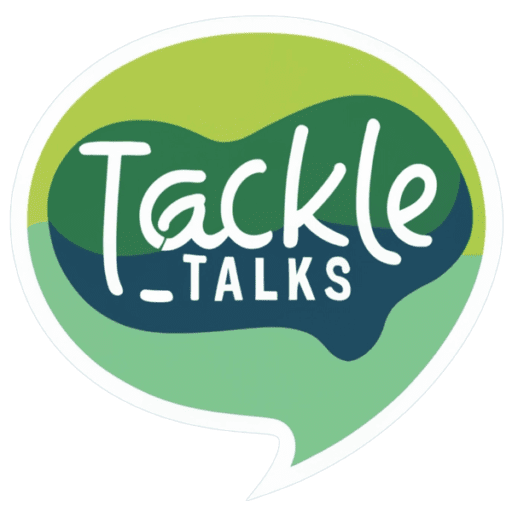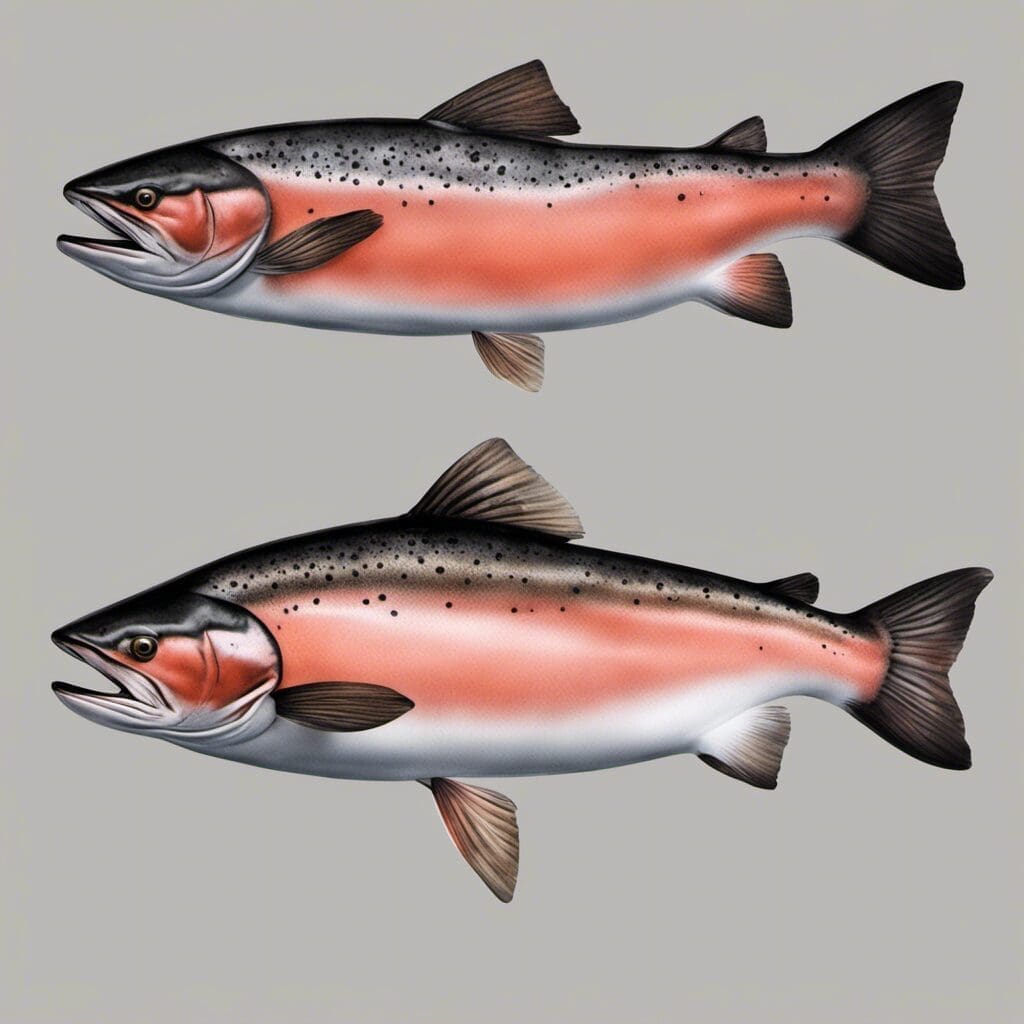Introduction
The Coho Salmon, scientifically known as Oncorhynchus kisutch, belongs to the Salmonidae family. Known for their vibrant color and distinct silver sides, these fish are an attractive find among fishing enthusiasts.
Conservation Status
The Coho Salmon is currently categorized as ‘Vulnerable’ on the IUCN Red List1, indicating it’s facing a high risk of extinction in the wild. Conservation efforts are ongoing and range from habitat restoration to strict fishing restrictions during spawning seasons.
Statistics
| Attribute | Average | Range |
|---|---|---|
| Length | 28 inches | 20 – 30 inches |
| Weight | 8 lbs | 2 – 35 lbs |
| Average Lifespan | 3 - 5 years |
Distribution
Originally, Coho Salmon were found throughout the Pacific Ocean, ranging from Alaska to Japan and down to Central California. However, due to human activities, their distribution has been reduced. They are now primarily found in the coastal waters of Alaska and British Columbia.
Habitats
Coho Salmon are found in both freshwater and saltwater environments. They prefer cooler water temperatures and can typically be found at depths ranging from 3 to 300 meters.
When and Where to See
The best time to observe Coho Salmon is during their spawning season, which typically occurs from late summer through fall.
Best Fishing Locations and General Tips
Here are the top 10 places to look for Coho Salmon:
1. Copper River, Alaska, United States
2. Yakutat, Alaska, United States
3. Rupert Inlet, Vancouver Island, Canada
4. Skeena River, British Columbia, Canada
5. Quillayute River, Washington, United States
6. Skagit River, Washington, United States
7. Ketchikan Creek, Alaska, United States
8. Stamp River, British Columbia, Canada
9. Nooksack River, Washington, United States
10. Tillamook Bay, Oregon, United States
How to Catch
The preferred bait for Coho Salmon includes shrimp, squid, and artificial lures such as spinners and spoons. Fishing techniques vary from trolling to casting and drifting.
Identification Guide
In freshwater, Coho Salmon are distinguished by their bright silver flanks and dark blue backs. Once they migrate to sea, their color changes to a dark metallic blue on the back with silver flanks.
Culinary
Coho Salmon carries a rich, full flavor and is often enjoyed grilled, smoked, or baked. It is high in protein, Vitamin D, and Omega-3 fatty acids.
Additional Information
Coho Salmon are predators, consuming a diet of smaller fish, squid, and shrimp. They are themselves preyed upon by various animals including bears, birds, and larger fish species.
References and Further Reading
For more detailed information, refer to the following sources:
1. NOAA Fisheries
2. U.S. Fish & Wildlife Service
3. National Geographic

